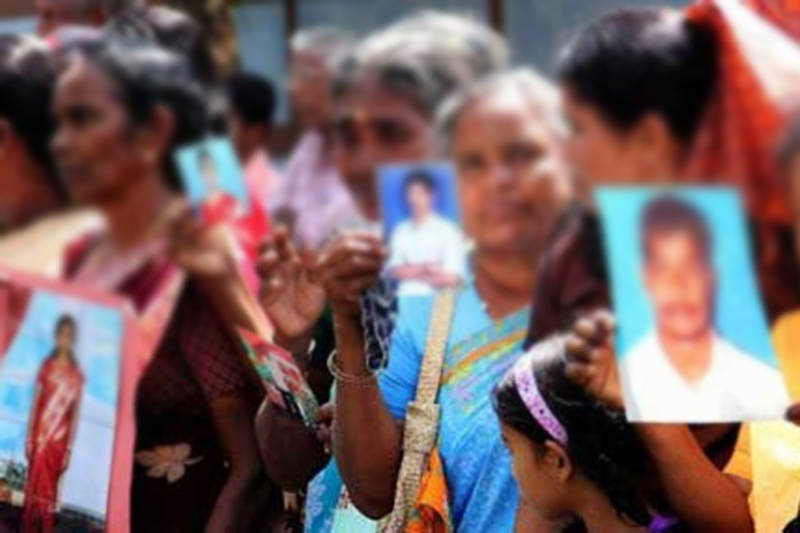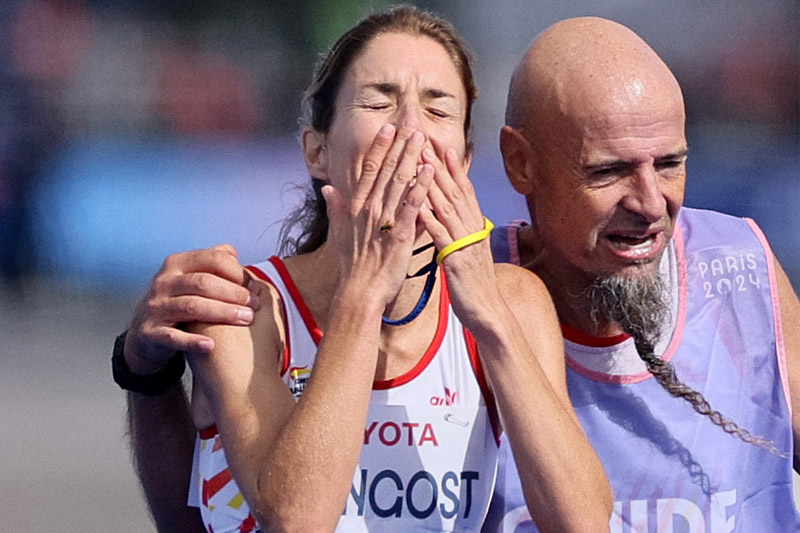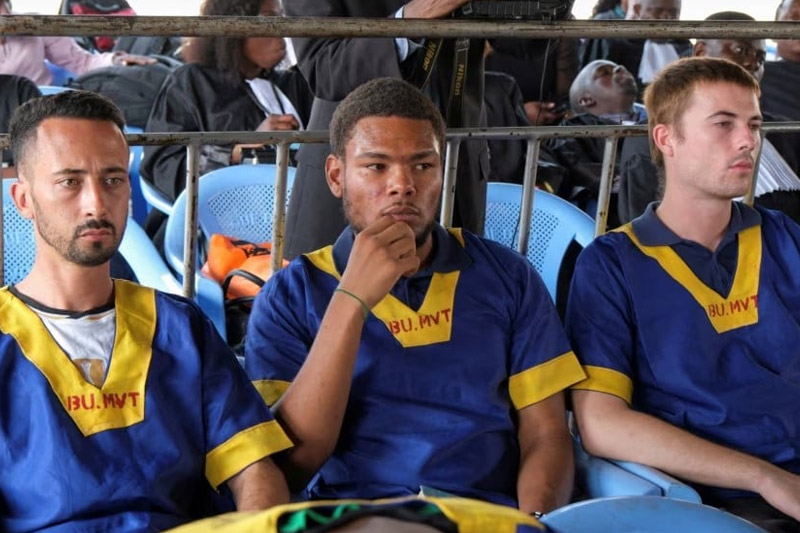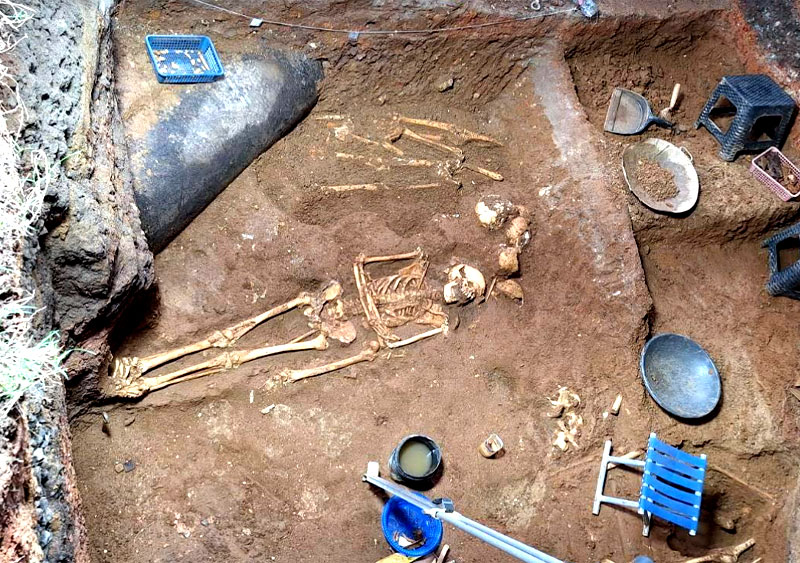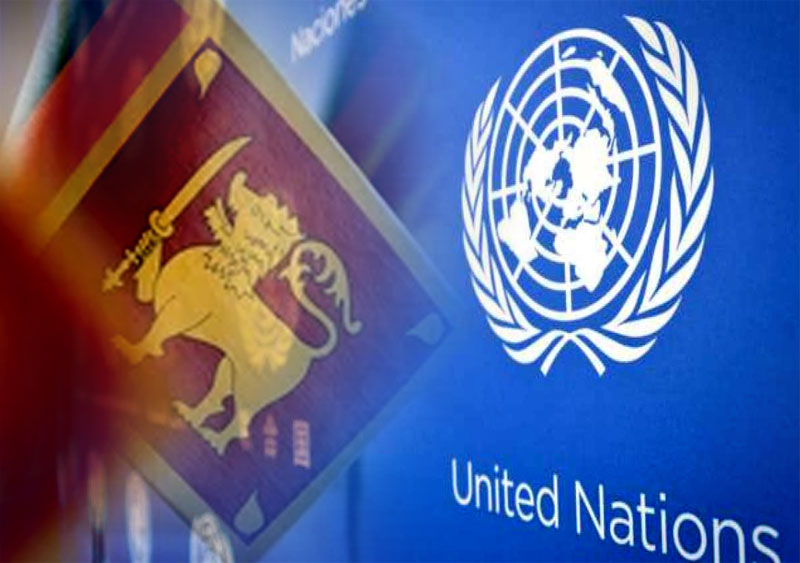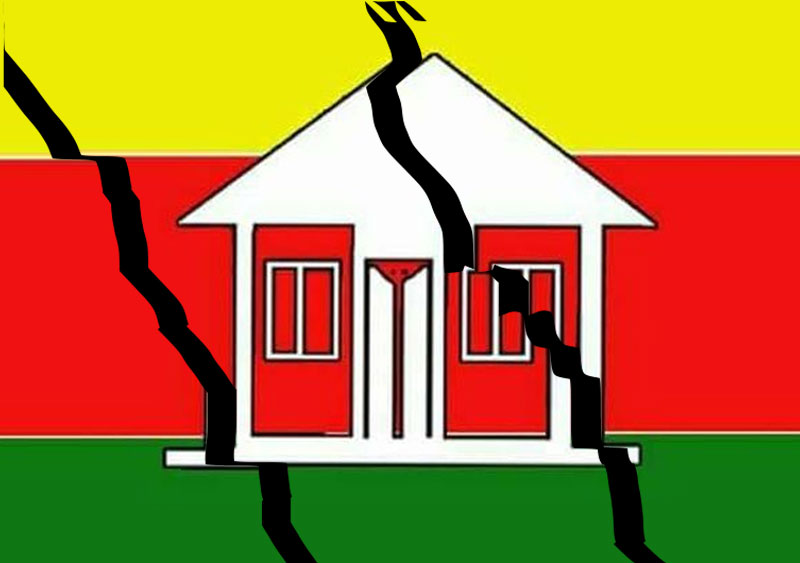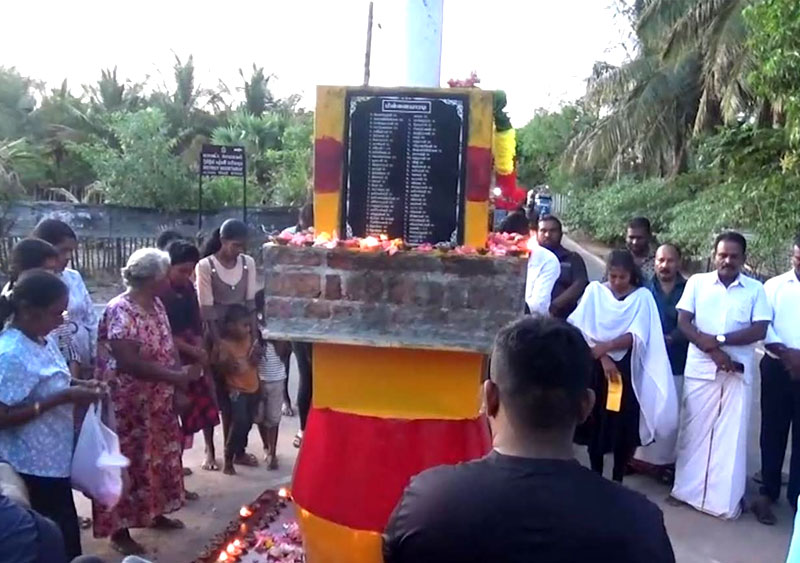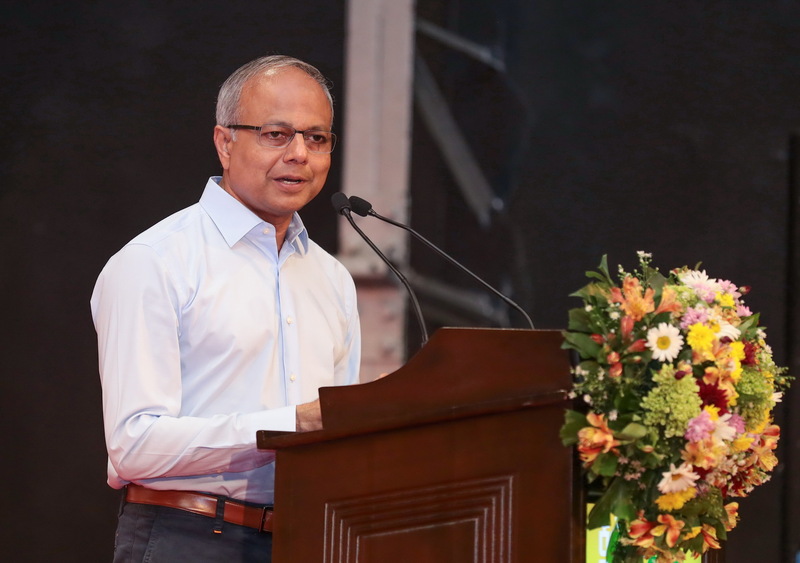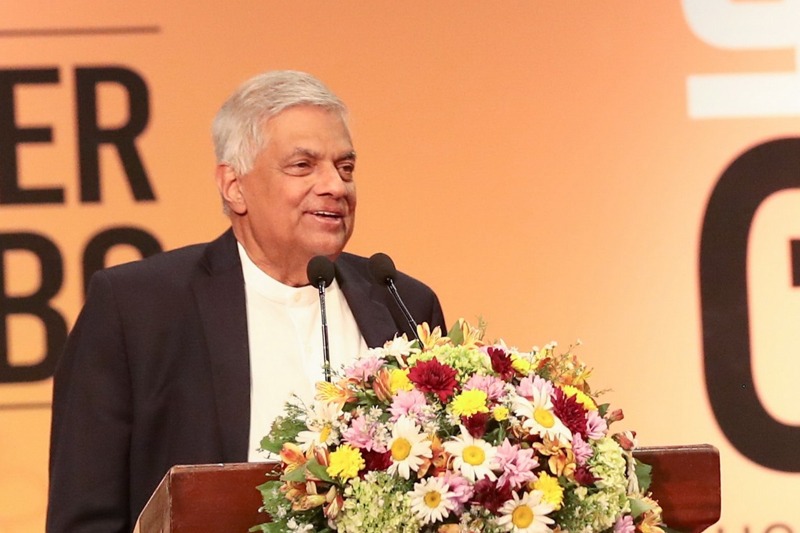The Sri Lankan Foreign Minister has grossly underplayed the numbers of disappeared persons who either surrendered, handed over, abducted, or otherwise went missing during the brutal civil war which ended in a blood bath a decade and half earlier.
Foreign Minister Ali Sabry, an attorney who was the personal counsel for the ousted president Gotabaya Rajapaksa told the German national broadcaster Deutsche Welle (DW) that only 6047 persons were reported disappeared to the country’s official body-the Office for the Missing Persons (OMP) mandated by an act of the parliament.
“How do you get that number? Who told you this? It’s all rubbish. This is some Western nonsense. No, that 100,000 is totally wrong, it is only 6,047,” he said.
The Tamils have dismissed his claim on the numbers as ill-conceived and lacking credibility. International bodies have put the number at much higher.
“People’s Bishop” the late Rayappu Joseph, the late Rev. Bishop of Mannar, told the Lessons Learned and Reconciliation Committee (LLRC), using government data, that 146,679 persons went missing during the last stages of the war.
But the Foreign Minister’s interview puts the number far less than the one quoted by the late bishop. International agencies have also acknowledged the numbers are higher. A report from the international human rights organization Amnesty International puts the number at a maximum of 100,000.
“Sri Lanka’s dark legacy of enforced disappearances underscores the blatant disregard for human rights that characterized the civil war and youth uprisings, ranking the country as the second highest worldwide for practice, with 60,000-100,000 reported cases," Amnesty International said.
Reacting sharply, the Minister blamed the nations where the diaspora lives in considerable numbers for exaggerating the scenario in the country.
"The Western countries have this narrative, vote bank politics. That is because some of the diasporas have gone and settled themselves in some of those important pockets where those votes count when the election comes. So their policy towards Sri Lanka is determined by those diaspora people," Minister Sabry noted.
The Association for the Relatives of the Enforced Disappearances (ARED) in the North and East Provinces who are continuing their peaceful struggle for over 8 years have dismissed the OMP as a sham and have expressed a lack of confidence in them. But in his interview with DW, Foreign Minister Ali Sabry observed that most of the disappeared persons' issues have been addressed.
“Out of 6,075 people who have complained that their loved ones are missing from 2000 to 2009, during the height of the conflict, 5,776 have come. So 96% of the people. So that shows the confidence on the Sri Lankan Authority. We are working on that. We are in the process of tracing them. We are coming out with a Truth and Reconciliation Commission," he said.
The Commission referred here has also been rejected by war victims as a whitewash.
Continuing his tirade against any foreign intervention, Minister Sabry has reiterated a local mechanism for accountability which has been rejected outright by the Tamils. “And we are in the process of providing a local mechanism. Of course, we will provide solutions through local mechanisms. We are not going to allow somebody else to come and look at it. They are talking about something that happened 15 years ago.”
On the ongoing contentious issue of land grabbing and return of occupied lands, the Minister says 96% of the lands are returned to their rightful owners, which is again disputed by Tamil lawmakers. Fertile agricultural lands are still being cultivated by the Sri Lankan security forces and the produce is sold outside on a commercial basis thereby affecting the livelihood of the war-affected Tamils.
Minister Ali Sabry’s comments have come just days ahead of the 57th session of the UN Human Rights Council in Geneva that is to discuss the human rights situation in Sri Lanka on 09 September, the opening day. The presidential election in the island nation will be held on 21 September.
Although 38 people are in the fray, the presidential election is essentially a four-way contest with the incumbent President Ranil Wickremesinghe seeking another term through direct election is facing a tough battle with his former deputy in the United National Party, opposition leader Sajith Premadasa, and Anura Kumara Dissanayake, leader of the National People’s Power and the heir apparent to the Rajapaksa clan, Namal Rajapaksa.
All the leading contenders are appealing to the majority Sinhala electorate that remain opposed to investigating their kith and kin who led and fought the war.
Opinion polls predict a change in guard and if true the country may see a new Foreign Minister after the polls. If so, the comments of the now-foreign minister will be seen as ones made by the outgoing minister. However, opinion polls may and have gone wrong at times.
Claiming himself to be a victim of a bomb blast during an assasination attempt on former President Chandrika Bandaranaike Kumaratunga, he added that the nation should look into living in harmony rather than dancing to the tune of the West and the diaspora.
Political analysts point out the interview of the Foreign Minister is well timed politically rather than speaking the reality and the real way of moving forward by ensuring accountability and addressing the concerns of the Tamils and honouring the commitment given by the government under Ranil Wickremesinghe as Prime Minister to the UN and other international bodies.

